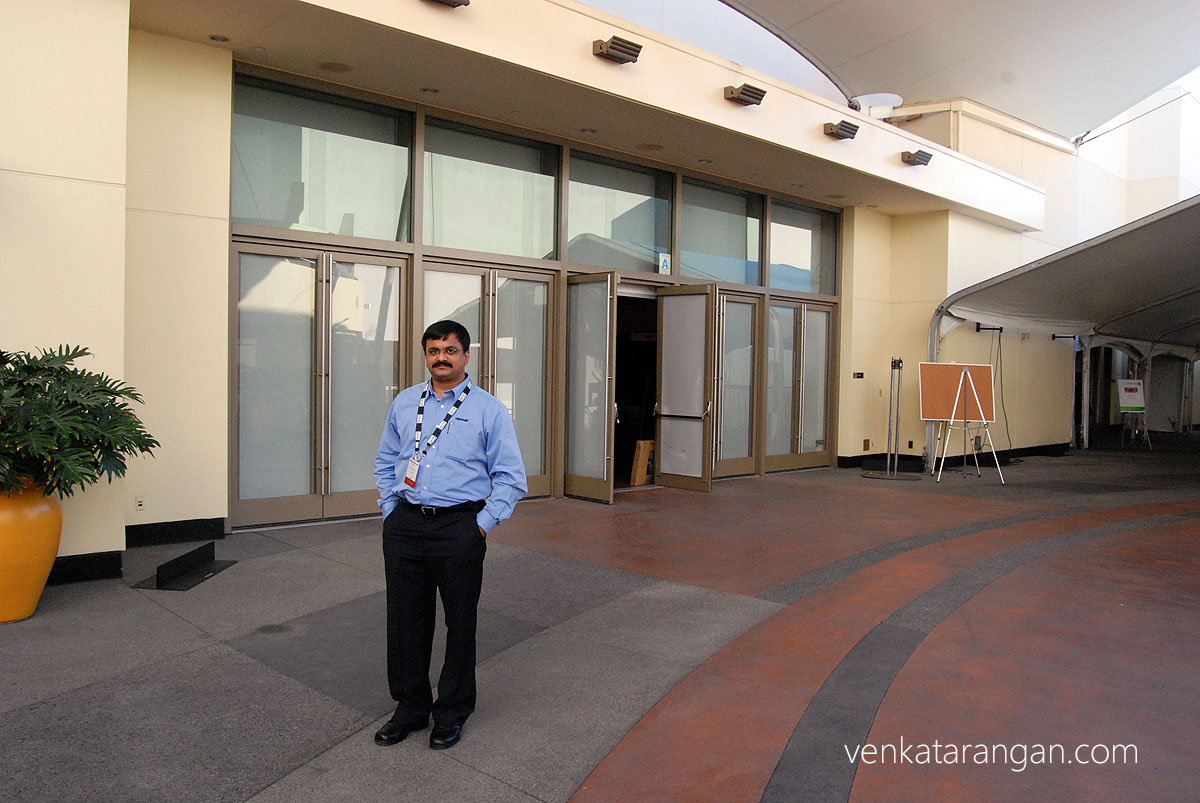Digital Music & Its Transformation
Artistnation has been recently launched which brings under one umbrella the Pandora of revenue sources for artists including Music Rights, Mobile Rights, Merchandising, Product branding, touring, etc. It has recently signed up with Madonna for 150 Million over 10 years. Artists are now being realized as the centre of the universe and they never had distribution going better for them than now. Another speaker says he wants to dispel this vision of artist quitting their day job, over the weekend distribute music and make millions. Traditionally there has been an adversary relationship between label and artists – now they will move into a more collaborative relationship just like artist and managers. Labels were controlling 90% of video distribution, now you have MSN, Google & Yahoo! doing it. There was a mention of Ruckus which is legal music free for college students.
Alby Galuten from Sony says it is a myth that labels make artists. Music sales in their heydays had users immersed in music when they buy a CD put up their headphone and hear it, do nothing. Now they do many things. It is going to be very difficult to get subscribers to keep paying $15 per month.
Jessica Stoner of Pandora (Radio) talked about how users will get more ways to get music easily – as easy as getting terrestrial music, now they are getting broadband music in PC, later it is going to broadband in their cars. People want to discover/get introduced to music on their radio and then hear it till they drop from their iPod.
John Jones talked about how music will be mixed/consolidated in everything that MSN, Yahoo! does.
Charlie Moore of Ruckus feels that students feel comfortable paying money per semester terms, they are comfortable with charging through mobile/landline numbers than through credit cards. They will feel better to pay $50 per year one time, rather than $5 per month.
There was a question of where Microsoft is with Zune with all their monies and where is there $50 million campaign equivalent of iPods. Microsoft historically leads in the 3rd round, they have patience and perseverance to lead. They did with software, now they are likely to get it in entertainment with XBOX leading.
Reinventing Advertising: Broadcast vs the New Platforms
Dean Scheu from Charter Media says That the 30 seconds spot is not really dead, it is evolving into interactive spots. The thought process that went into creating it is changing. Charter is in 300,000 houses in LA. A lot of people want to know more if the product advertisement is targeted and appropriate for them.
Mitch Oscar from CaratDigital says The ads are now made to work wherever they are, whether it is time shifting, place shifting and all that. When technology people come to the advertising agencies like his, they say they have done a new technology before but they don’t add value like what worked what is the ideal time how users are behaving to this, etc. Agencies need this information to understand this and are not getting help, also the manpower shortage in agencies is also not helping.
Charles “Chip” Meehan from Comcast spotlight talked about their Telescopic spots that help to cross-promote their 110 other channels to people who normally watch only 16 of them and are not aware of the others.
Kenneth Papagan from Rentrak Corporation talked about how their company measures user behaviours in theatre and DVD just like on the Internet. When advertisers have tried to make their 30 seconds into 21, 11, 5 seconds consumers are moving out of it lesser.
Jeff Schultz from CONCERT who was the first on-demand TV channel in the US. There is no inherent thing fixed about 30 seconds spot.


